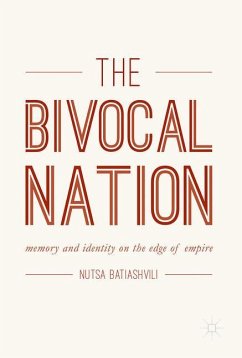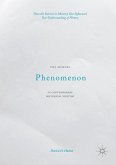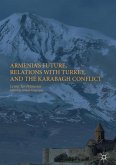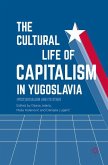This book is about a divided nation and polarized nationhood. Its principal purpose is to examine division and polarization as forms of imagining that are configured within culture and framed by history. This is what bivocality signifies-two distinct discursive voices through which nationhood is articulated; voices that are nonetheless grounded in a culturally common symbolic field. The volume offers an ethnographically centered analysis of the ways in which Georgians make use of these voices in critical discourses of nationhood. By illuminating the cultural semantics behind these discourses, Nutsa Batiashvili offers a new constellation of conceptual terms for understanding modern forms of nationalism and nation-building in the marginal or liminal landscapes between the Orient and the Occident.
"While history is a widespread topic and popular reference point, it also has a distinctive discursive tradition in Georgia, which Nutsa Batiashvili masterfully dissects in this book. Using an impressive variety of sources, from school textbooks and statements by politicians and academics to fieldwork interviews ... she presents a colourful picture of the memory debates of the last decades ... . If you want to understand what's behind them and how Georgia ticks, you must read Nutsa Batiashvili's book." (Hubertus Jahn, Jahrbücher für Geschichte Osteuropas. jgo.e-reviews, Vol. 70 (1), 2022)








